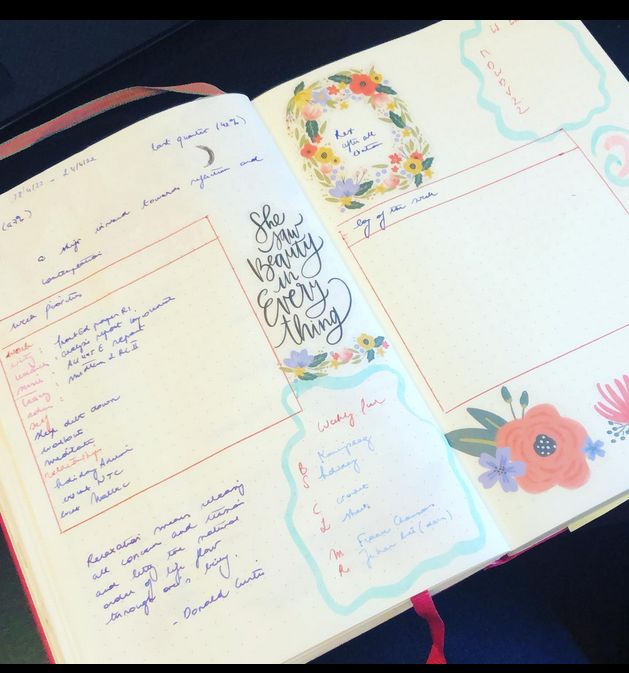Q & A: Feeling lost in the PhD
As I’m working through my backlog of questions, I came across this question which (I think) will resonate with many PhD candidates:
Dear Eva,
I am a second year PhD student in Informatics and I have a background in Mathematics. But I am kind of lost in my PhD, even if i have read a lot of articles but still do not know what to do and how to do! my supervisor does not really help me to find my path, he just refers me to read more and he is worried that i have not published any paper after 2 years. I am kind of lost, I have lost my motivation and when i work at home (we have possibility to work at home sometimes) I do what ever except working and studying. I am very worried, what do you recommend?
I would appreciate your answer.
Kind regards,
XX
Let’s break this question down:
- Even if i have read a lot of articles but still do not know what to do and how to do: My advice here would be to go to the drawing board and use your favorite tool for fleshing out ideas. What you need to define is, based on what you’ve read, the gaps in the literature. Where does your project fit into the bigger picture? What are you going to work on that we don’t know yet? From there, you can work on writing your research question. Once you have drafted your research question, you can outline how you will move forward: which methods will you use, and how will you break down your research question into subquestions?
- My supervisor does not really help me: I don’t know the situation very well here, but maybe there is a communication issue? I can only guess here, but maybe there is a mismatch between what you expect from your supervisor and their supervision style. Having an open conversation is key here: explain the type of support that you need to get your research back on the rails to your supervisor. Don’t hide that you are going through a difficult time. Address potential cultural issues (differences in supervision between your home country and current country) as well when you discuss expectations. Here is my best advice for having better meetings with your supervisor.
- I have not published any paper after 2 years: I didn’t publish journal papers during my PhD, except for the very last year. For this concern, it’s important to communicate clearly with your supervisor as well. Do you need a certain number of papers to graduate? Or is your thesis and your project priority here? If papers are a priority because they are a graduation requirement, then see how you can fit your research question and subquestions to different articles that you can develop during your PhD.
- I have lost my motivation: What motivated you to do the PhD in the first place? Which aspect of doing research do you enjoy most? Can you get back in touch with those aspects to find the pleasure in your work again? Along the same lines: what does a good day look like for you? How many hours can you work on your research and still find the time to enjoy life?
- When i work at home I do what ever except working and studying: Planning and setting goals is key here. Develop a realistic schedule for your day, and give yourself permission to go do something fun (or all the other things you want to do at home) after you’ve finished what you planned. I recommend that you identify three top priorities to work on in any given day, and potentially a few quick wins (for example, easy administrative tasks) to knock of in between as well.
- I am kind of lost in my PhD: If you are going through a difficult time in your research, I recommend that you take my course “Research in difficult times“. This course will teach you the most important tools (self-compassion, taking stock, and learning to find the support you need) to move forward with your research again. Contact me if you need a scholarship.


